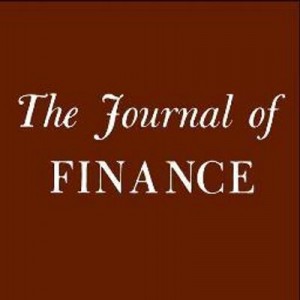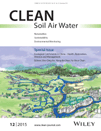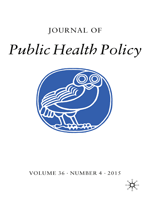
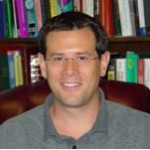
The National Science Foundation will no longer fund a pair of chemists who “recklessly falsified data,” according to a report from the NSF’s Office of Inspector General, unless they “take specific actions to address issues” in a 2004 Science paper.
That paper is going to be retracted as soon as possible, Science told us. The co-authors that the NSF reprimanded are Bruce Eaton and Dan Feldheim, now at the University of Colorado at Boulder; they have been under scrutiny since 2008, when an investigation at North Carolina State University, their former employer, found that the Science paper contained falsified data.
The paper, “RNA-Mediated Metal-Metal Bond Formation in the Synthesis of Hexagonal Palladium Nanoparticles,” has been cited 138 times.
Science Editor in Chief Marcia McNutt told us today that a retraction is in the works:
Continue reading Science retracting paper by chemists cut off from NSF funding


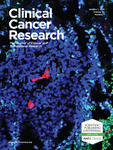
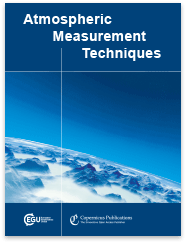 To climate scientist Pieter Tans, a “novel” air sampling device in a recent paper looked a little too familiar. Specifically, like a device that he had invented —
To climate scientist Pieter Tans, a “novel” air sampling device in a recent paper looked a little too familiar. Specifically, like a device that he had invented — 